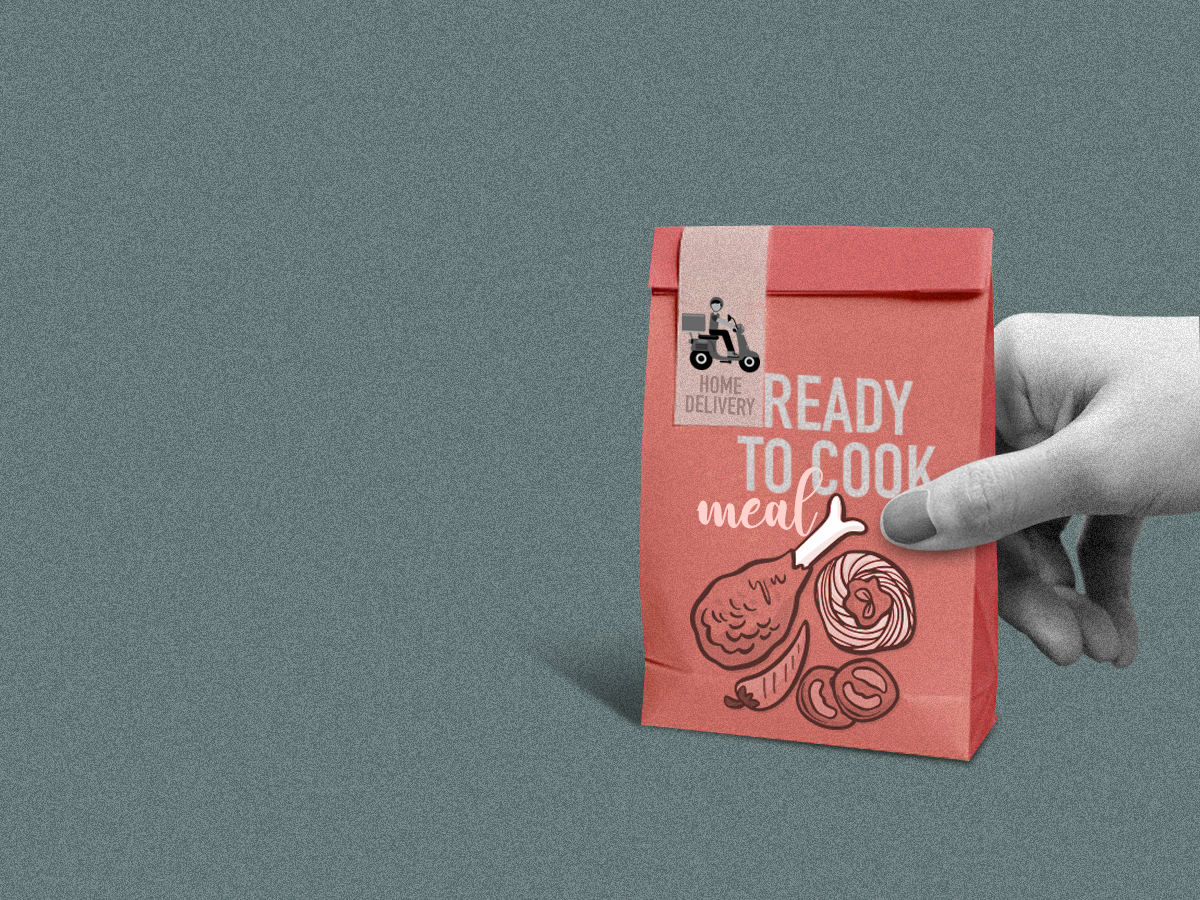
The ready-to-cook foods segment is seeing accelerated growth as the stay-at-home advisory gives people a chance to broaden their culinary engagement and bring home the joy of dining out.
In the three months to end-June, fresh packaged food brand iD Fresh Food has seen paratha sales rise by 60% compared with the previous quarter, while meat products and seafood brand Licious has seen a more than 300% jump in sale of ready-to-eat meat spreads, a two-fold increase sale of ready-to-cook kebabs, marinated meat and seafood.
According to RedSeer Consulting and Research, there has been a 61% rise in consumer spending on home cooking, mostly because the possibilities of dining out dwindled amid the viral pandemic.
In the ready-to-heat segment, sale of idli batter and paneer, too, has registered robust growth–iD Fresh said sale of these items jumped by 20% over the previous quarter.
Gujarat Cooperative Milk Marketing Federation (GCMMF), which owns the Amul brand, told ET that sales of packaged Indian sweets, like ras-malai, have ticked up too.
Vivek Gupta, cofounder of Licious, said, “Over the last three months, there has been a drastic increase in the number of people cooking and eating at home…consumers are opting for better quality and safer food products…these behavioral shifts are expected to be long term, if not permanent.”
RS Sodi, managing director of GCMMF, said that in view of the shift in consumer preference, the company is setting up a new facility for production of these items, which were until now partly manufactured by third parties. Amul’s launches over the last few months include Haldi Doodh, Panchamrit and adoption of ras-malai and gulab jamun sweets.
“This trend has been catching up in the last 2-3 years, but the speed of consumption has increased during Covid-19,” he said. “Consumers’ first introduction used to be frozen peas. Then came fresh packaged non-veg and potato products. Now Indian dishes like paratha, sweets… everything.”
According to Sodi, the bulk of this demand is from smaller towns where people traditionally steered away from packaged fresh food and chose to cook at home or dine out.
At least six companies that ET spoke with, including Licious, GCMMF, iD Fresh and Metro Cash & Carry, ascribed the spike in sales of such products to most people cooking and eating at home and the will to experiment with newer items.
“There are also important discussions on food safety, indicating a shift in consumer behaviour and preferences. More Indian consumers are opting for better quality and safer food products,” Abhay Hanjura, cofounder of Licious said.
Grocery delivery startups across different models– from daily micro-deliveries to on-demand and full-stack next day delivery players–have played a big role in generating visibility for fresh food brands, and at the same time, building supply chain capabilities to cater to consumers’ needs.
“Ecommerce is doubling for us, including BigBasket, Milkbasket, Amazon, and SuperDaily,” PC Mustafa, cofounder of iDFresh, said.
Grofers cofounder Saurabh Kumar said the platform has seen a 1.7 times increase in shoppers for ready-to-eat/cook item sales.
ET had earlier reported that quick-fix meals, do-it-yourself meal kits, packaged foods and ready to eat products have seen a huge and sustained uptick in demand during the lockdown.
Rebel Foods, which operates Faasos and Behrouz Biryani, and Impresario’s Smoke House Deli have introduced DIY meals targeting consumers who are cautious about ordering cooked food. Rebel has also launched marinated meats on its mobile application.
Picking up on this consumer trend, cure.fit has launched a range of ready-to-eat products, including easy-to-prepare food options like rajma masala and dal makhani. “With this range of foods, we hope to gain greater acceptance and household penetration, especially at a time when home cooking is at the forefront,” Ankit Nagori, its cofounder, said.
Leave a Reply